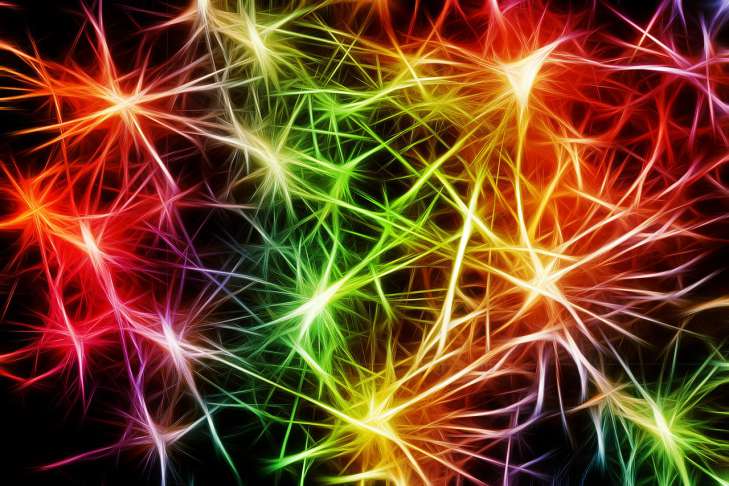Interesting Facts: How the Brain Changes with Age
Forgetfulness and a decreased ability to remember new information may be a sign of an aging brain.
What changes occur in the brain in old age
One of the most obvious signs of brain aging is a decline in cognitive abilities such as memory, attention, narrowing of horizons, decreased speed of thinking and difficulty concentrating. Memory problems.
What happens to the brain as you age
Age-related changes in the brain are a gradual decline in mental performance due to disturbances in the structure of nerve cells, intercellular connections and a decrease in the volume of gray matter.
Changes occur at all levels: from tissues to molecules and begin to form before the age of 20–25 years.
Your brain compensates for this decline in brain function by recruiting other neural networks that help you remember things as you age.

At what age does the brain work best
However, it wins in flexibility. That is why, as we age, we are more likely to make the right decisions and are less exposed to negative emotions.
The peak of human intellectual activity occurs at approximately 70 years of age, when the brain begins to work at full capacity.
Over time, the amount of myelin in the brain increases, a substance that causes signals to travel faster between neurons.
Due to this, the overall intellectual power of the brain increases up to 3000% compared to the average.
We previously talked about the fear of rejection.


